A Gentleman’s Guide to Great Personal Hygiene
An Extensive Article Covering the Body, Teeth, Hair, Nails, Shaving, Good-Smell, and Clothing Hygiene
STYLE & GROOMING
Being a gentleman requires good personal hygiene. It is vital not just for keeping good health but also for making a good first impression and fostering great connections. Personal hygiene is about more than just cleanliness; it is also about respecting yourself and others. A gentleman who maintains his hygiene demonstrates self-respect and attention to others, which may be advantageous in both personal and professional situations. Personal cleanliness is also a continuous endeavor that should be included in your everyday routine.
Body hygiene
Shower every day to remove dirt, perspiration, and germs. Begin by washing your hair with a shampoo suitable for your hair type. Massage the shampoo into your scalp to eliminate debris and oils before completely rinsing.
Then, using a light face wash, cleanse your face, paying special attention to the regions around your nose, mouth, and chin. Thoroughly rinse your face.
Cleanse your body with a body wash or soap, beginning at the top and working your way down, giving special attention to places such as under your arms, around your groin, and between your toes. Scrub the bottoms of your feet with a washcloth or pumice stone to eliminate dead skin cells and prevent foot odor.
After that, completely rinse your entire body to eliminate any residual soap or shampoo, being sure to properly rinse your hair and face as well.
Finally, pat yourself dry with a clean towel, ensuring that you dry fully, especially in the wrinkles of your skin and between your toes.
To keep your hair healthy, avoid applying too much force with the towel; instead, let it be slightly moist. If you are in a rush and want dry hair right away, the best alternative is to utilize a hair dryer.
It is critical to use warm, not hot, water in the shower and to avoid staying in it for too long since this might dry up your skin.
By following these procedures, you can ensure that you are clean, fresh, and well-groomed while also taking care of your health. It's always crucial to remember that everyone's skin is unique, so pay attention to your individual skin's demands.
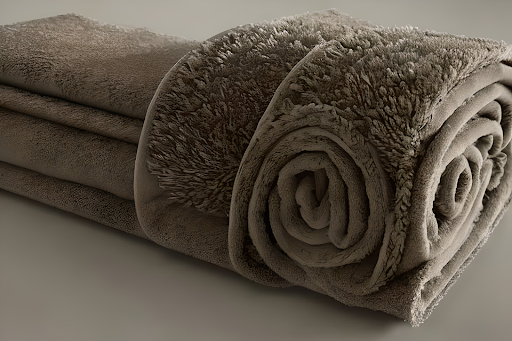

If you're unsure whether or not to apply a cream or lotion after bathing, see a dermatologist or a skincare specialist. If you have dry or sensitive skin or live in a dry area, applying a moisturizer after bathing might be extremely useful. Look for a moisturizer that is tailored to your skin type and has chemicals like glycerin, hyaluronic acid, or dimethicone that can help trap water in the skin. It's also crucial to consider when you apply the cream, since using cream or lotion shortly after showering can help seal in moisture and moisturize your skin.


Teeth hygiene
Brush and floss your teeth at least twice a day to keep your breath fresh and your teeth healthy.
To begin, moisten your toothbrush and apply a pea-sized quantity of toothpaste to it. Brush in circular strokes while holding the toothbrush at a 45-degree angle against your teeth. Brush the fronts, backs, and chewing surfaces of your teeth, as well as your tongue, to remove bacteria and freshen your breath. Nothing must remain on the gums.
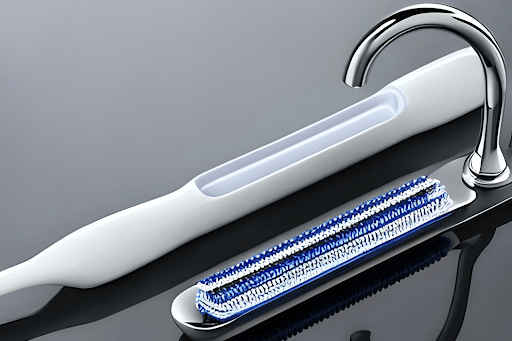

Brushing should be used to clean the junction between the gum and the tooth. It will prevent future gum bleeding and lessen tooth sensitivity to cold meals.
Brush your teeth for at least two minutes, taking care to cover all surfaces. Two minutes is enough time for fluoride to act and protect your teeth from decay. If you rinse it before 2 minutes, fluoride is less effective. To keep track of time, use a timer or a two-minute song. Spit the toothpaste and water into the sink after two minutes, then rinse your mouth and toothbrush with water.
Use dental floss to get in between your teeth for the best results. Brushing your teeth at least twice a day, once in the morning and once before bed, is advised. The bristles of your toothbrush should be replaced every three to four months, or sooner if they are frayed. You may help prevent tooth decay, gum disease, and bad breath by cleaning your teeth thoroughly and frequently.
Nails hygiene
No one wants to see unclean nails, so keep them clipped and tidy. It is advised that you clean and trim your nails at least once a week. Maintaining good nail hygiene may make you seem well-groomed and can also help you avoid issues like fungal infections.
Make sure to cut your nails straight across with scissors or nail clippers when they have dried completely.
Then, if you'd like, shape your nails with a nail file to remove any sharp edges or asymmetrical shapes.
After that, gently push back the cuticles with a stick or a cuticle pusher and clean up the space between your nails of any dirt or debris. Make sure to get the soap under the nails, where dirt and germs might collect, by cleaning your nails with soap and water.
To keep your cuticles nourished and healthy, moisturize them with cuticle oil or lotion.
Shaving the face and other parts of the body
Shave often to maintain a smooth, clean appearance on your face. Remember to shave your underarms and trim the area around your genitalia (don't shave it totally since it looks odd and feels like a pornstar).
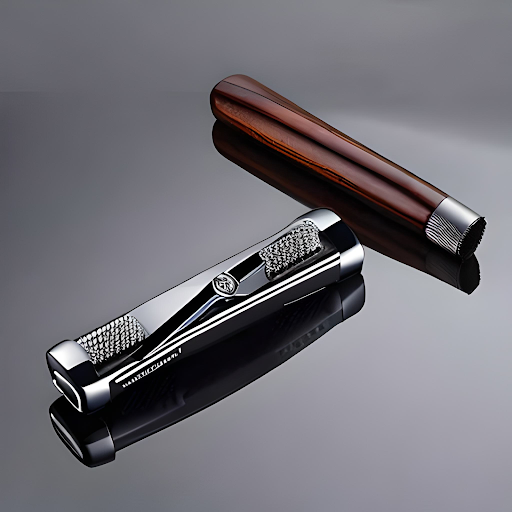

There is no proof that all women prefer shaved underarms or trimmed genitalia because personal tastes might vary substantially. However, several studies have revealed that the majority of women asked regard males with well-groomed genitalia and underarms as more appealing. Research published in the Journal of Sexual Medicine, for example, discovered that 84% of women asked thought males with groomed genitals were more beautiful. It should be noted that this study only represents the preferences of the women polled in particular samples and cannot be extrapolated to all women.
Personal grooming is a personal choice, and it's vital to do what makes you feel good in your own skin. We recommend utilizing an electric trimmer, laser, or specific treatments to remove hair from sensitive areas to reduce skin discomfort. Shaving with razor blades is the most harmful way to cause skin injury. Never apply armpit hair removal lotion to other parts of your body (particularly your genitalia!). It's also critical to discuss your spouse's preferences and respect their boundaries.
Choosing the right deodorant
To avoid body odor and keep fresh, use deodorant. Before applying deodorant, make sure your underarms are clean and dry, as putting deodorant on moist or filthy skin might cause discomfort. You can accomplish this by having a shower or bath, or by cleaning the region with a washcloth or wet wipes. After your underarms are clean and dry, apply deodorant.
Deodorant comes in a variety of forms, including roll-on, spray, and stick. You can apply deodorant by rolling it on, spraying it under your arms, or swiping it under your arms with a stick.
Make sure to cover the whole underarm region with deodorant, including the wrinkles where your arm joins your torso.
Antiperspirant is a more effective type of deodorant since it prevents sweat formation and encourages the body to release less moisture in the first place. However, the author of these lines argues that antiperspirants substantially impede sweating and may cause major problems in the long term. After all, clogging your sweat glands can't be healthy.
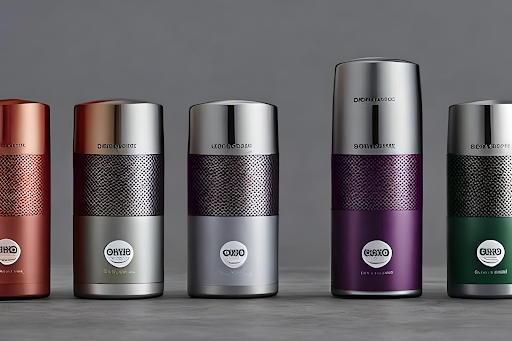

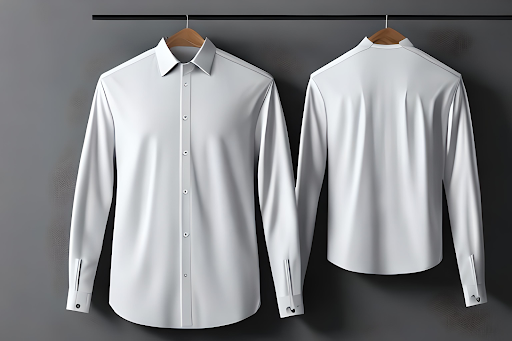

Washing hands
Wash your hands frequently, especially before eating, after using the restroom, and when handling food.
To wash your hands correctly, moisten them first with warm water, then apply soap and work up a good lather. Rub your hands together for at least 20 seconds to thoroughly clean the backs of your hands, the spaces between your fingers, and the region under your nails. Wash your hands well with warm, running water, and then pat them dry with a soft towel or let them air dry.
To properly wash your hands, wet them with warm water first, then use soap and create a thick lather. Rub your hands together for at least 20 seconds to thoroughly clean the backs of your hands, the spaces between your fingers, and the region under your nails.
Additionally, it's crucial to refrain from touching your face with dirty hands because doing so can spread germs.
Washing your hands with soap and water is the most effective way to remove bacteria and germs.
Conclusion
In conclusion, you can maintain proper personal hygiene by heeding the advice provided in this blog article. This includes maintaining clean hair, skin, and teeth, as well as fresh and tidy clothing. Do not forget to frequently wash your hands, trim your nails, and maintain proper personal hygiene. The advantages it delivers to your general well-being make maintaining good personal hygiene worth the extra effort, even if it does require time.

